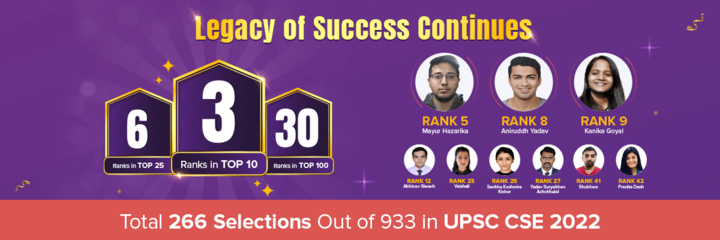Write a Conclusion on Consumer Rights
By BYJU'S Exam Prep
Updated on: November 9th, 2023
Consumer rights guarantee six fundamental rights to a consumer. These include the right to protection, right to choose, right to information, right to consumer education, right to be heard, and right to demand compensation. The Consumer Protection Act is complex, applies to multiple jurisdictions, and is subject to frequent revision. Despite all this, a lawyer or a new lawyer can understand the topic by following the guidance given in this research guide.
Table of content
Conclusion on Consumer Rights
In 1986, the government was established. The user is granted six fundamental rights by it.
- The primary goal is to ensure that consumers get good value for their money in terms of goods and services.
- Consumers have the right to be free of hazardous goods and services that jeopardize their lives and property.
- The customer has a right to know about the quantity, consistency, purity, strength, and quality of goods and services.
- Furthermore, consumers must pay reasonable rates for the goods they purchase.
Consumer Rights
- Right to Safety: A customer may demand information on the product’s quality and guarantee before purchasing. In a perfect world, they would buy certified goods like ISI or AGMARK.
- Right to Choose: Consumers should be able to select products from a range of options at reasonable prices.
- Right to information: The purchasers should be provided with all pertinent product information to enable prudent behavior and to influence the purchase decision.
- Right to Consumer Education: Consumers have a right to education about their rights to protect themselves from being exploited. Ignorance may result in greater losses.
- Right to be heard: The customer will receive adequate attention to voice their complaints in an appropriate forum, according to the right to be heard.
- Right to seek compensation: The right to seek recourse against unfair and harsh practices or the right to compensation defines consumer exploitation.
Summary:
Write a Conclusion on Consumer Rights
Consumer Rights are complicated, apply to a wide range of countries, and are often modified. Despite this, a lawyer or prospective lawyer can understand the topic if the guidelines in this research guide are followed. The government provides the consumer with six crucial rights.
Related Questions:
- Why did Muhammad Ghori Invade India?
- Who are Adivasis? – Definition & Examples
- Which Acid is Present in Ant Sting?
- Which of the Following Administrative Changes were Introduced after Revolt of 1857?
- Describe the Problems Faced by the Weimar Republic
- Why do we Need a Standard Meridian for India?
- What are the Basic Features of the Universal Declaration of Human Rights?

